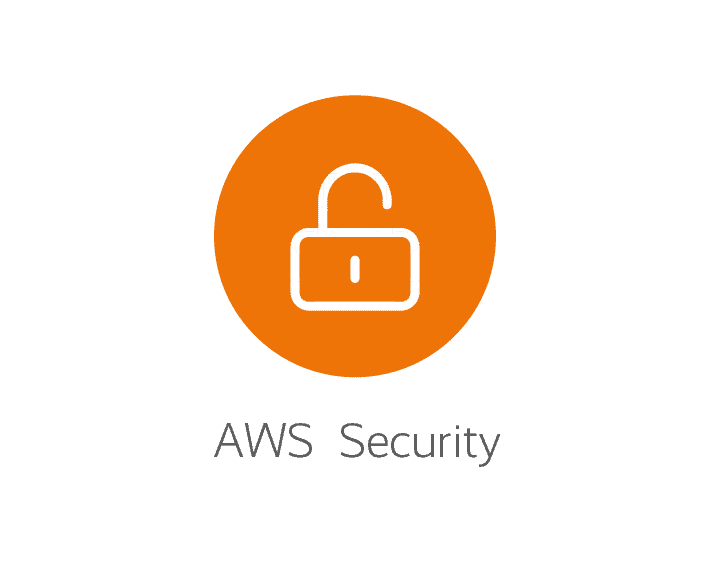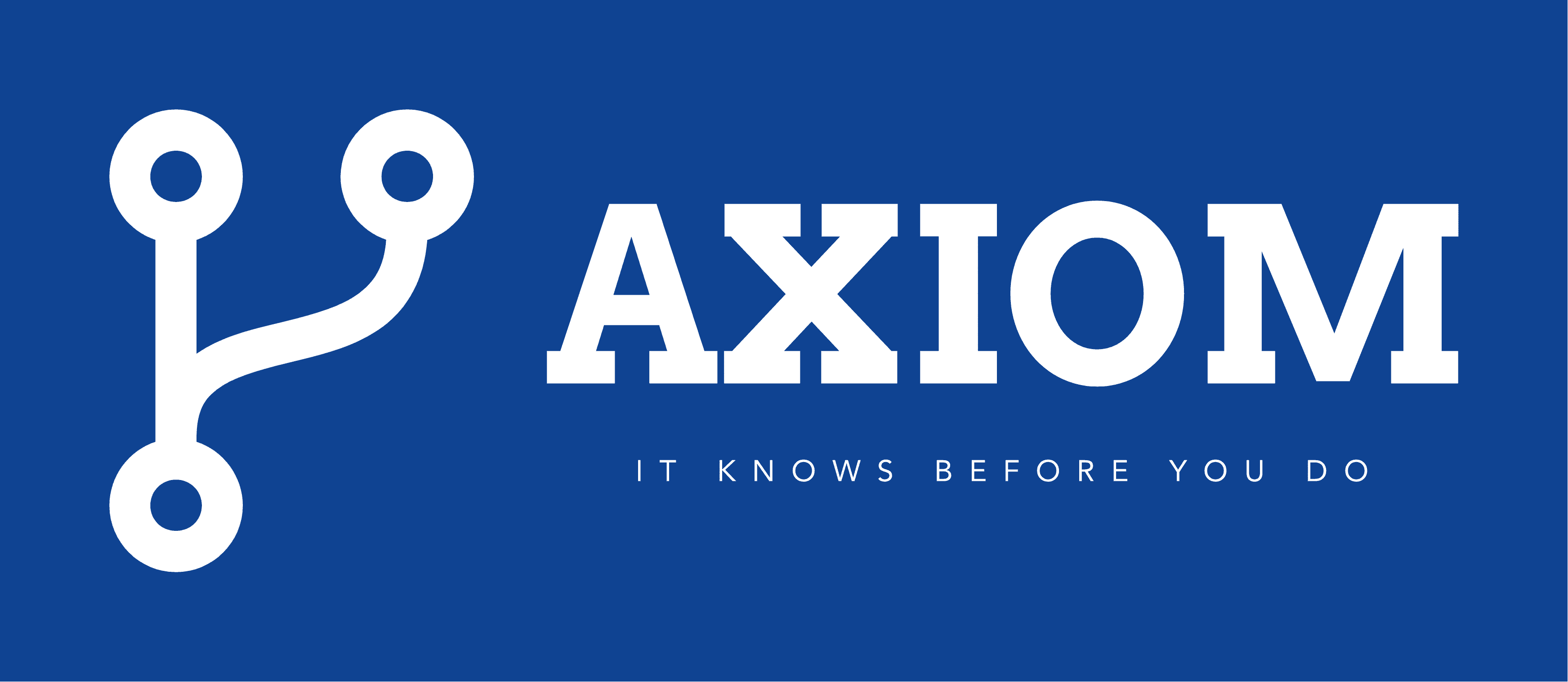Why Cloud Infrastructure Is the Smart Move for Small Businesses in 2025
On-premises IT costs are rising, making it harder for businesses to manage expenses. Cloud computing offers a cost-effective, scalable, and secure alternative, helping companies of all sizes optimize operations and reduce financial burdens....
Read More









